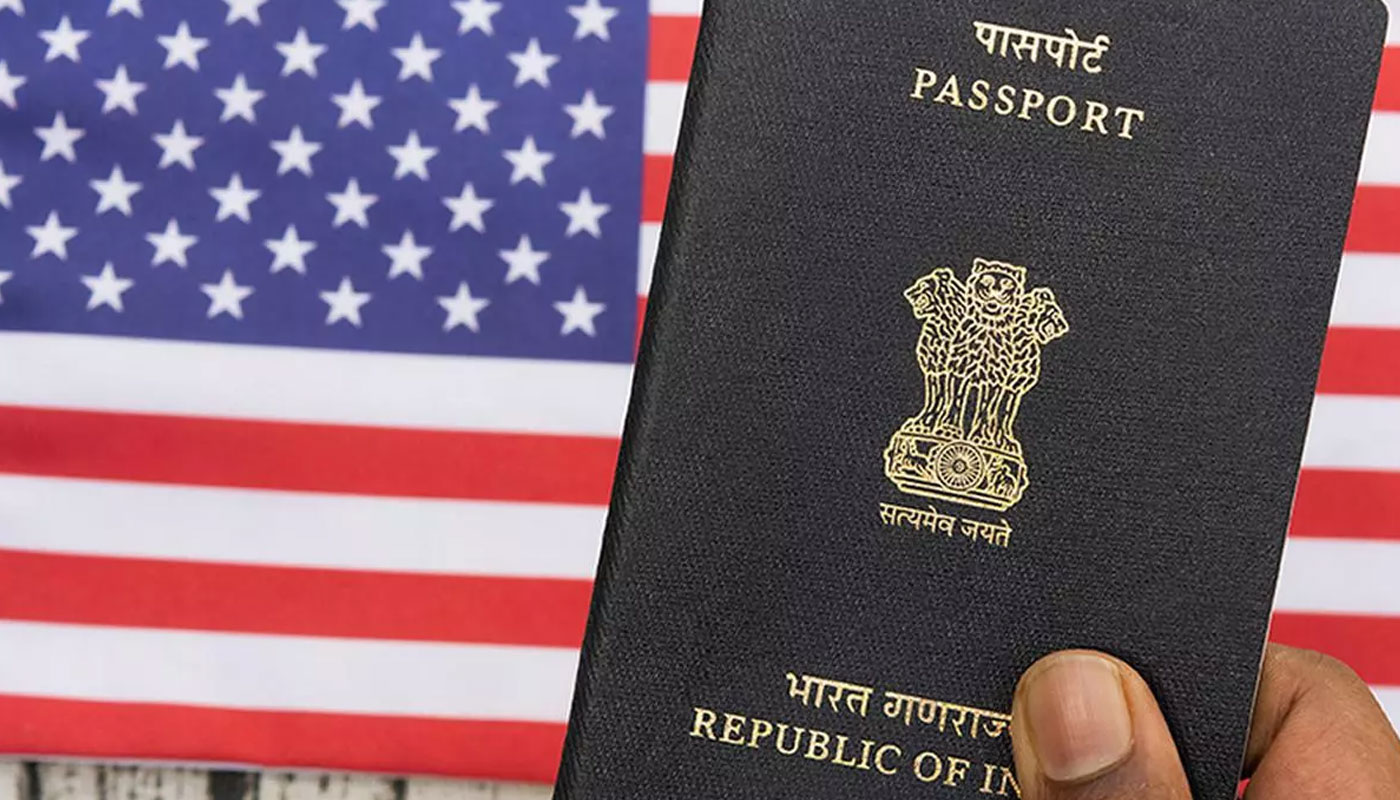The surge in enrollment for study abroad programs among Indian students in 2023, reaching nearly 1.3 million, indicates a strong rebound post-pandemic, with students expressing heightened interest in exploring diverse cultures and academic opportunities beyond their home countries, according to Gaurav Batra, Founder and CEO of Infinite Group.
Significant changes in student visa routes, technical requirements, and application processes have unfolded in various countries throughout 2023. Gaurav Batra notes a positive trend toward simplifying visa applications and easing documentation concerns for students globally.
Notable changes have been witnessed in major study destinations, including the United States, Canada, the United Kingdom, Australia, France, Ireland, Italy, and New Zealand:
United States: The US has implemented modifications to the visa application process, requiring F, M, and J student visa applicants to use their passport information during profile creation and visa appointment scheduling.
Canada: Financial requirements for studying in Canada have doubled, reflecting an adjustment for increased cost of living.
Designated learning institutions must now verify each applicant’s letter of acceptance (LOA) directly with Immigration, Refugees, and Citizenship Canada (IRCC) to counter acceptance letter fraud. Canada has introduced policies allowing international students an extended work permit up to 18 months after graduation.
United Kingdom: The UK witnessed changes in visa procedures, including a significant increase in visa fees and revisions in the Immigration Health Surcharge (IHS).
The UK banned students from bringing families and dependents on a student visa, except those pursuing full-time postgraduate-level research degrees.
A review of the post-study work visa is underway.
Australia: Australia raised English proficiency test score requirements and savings requirements for student visas. Age limits for work visas were reduced, and scrutiny of second visa applications was intensified. Policies such as temporarily removing caps on working hours and extending post-study work rights for select degree holders were introduced.
France: France extended post-study work visas to five years for master’s degree graduates. Graduates who studied for a semester can now avail a five-year short-stay Schengen visa to explore job opportunities.
Ireland: Ireland allows international graduates with bachelor’s or master’s degrees to stay for two years on a post-study work visa, while PhD holders can stay for three years.
Italy: Italy extended opportunities for Indian students by allowing an extra 12-month stay after degree completion, with provisions for professional training and internships.
New Zealand: New Zealand introduced a reform allowing the IELTS One Skill Retake option, offering flexibility for test-takers to retake any of the four skills if needed.
These changes aim to enhance and streamline the international study experience for Indian students across these popular destinations.
Source: MSN
















